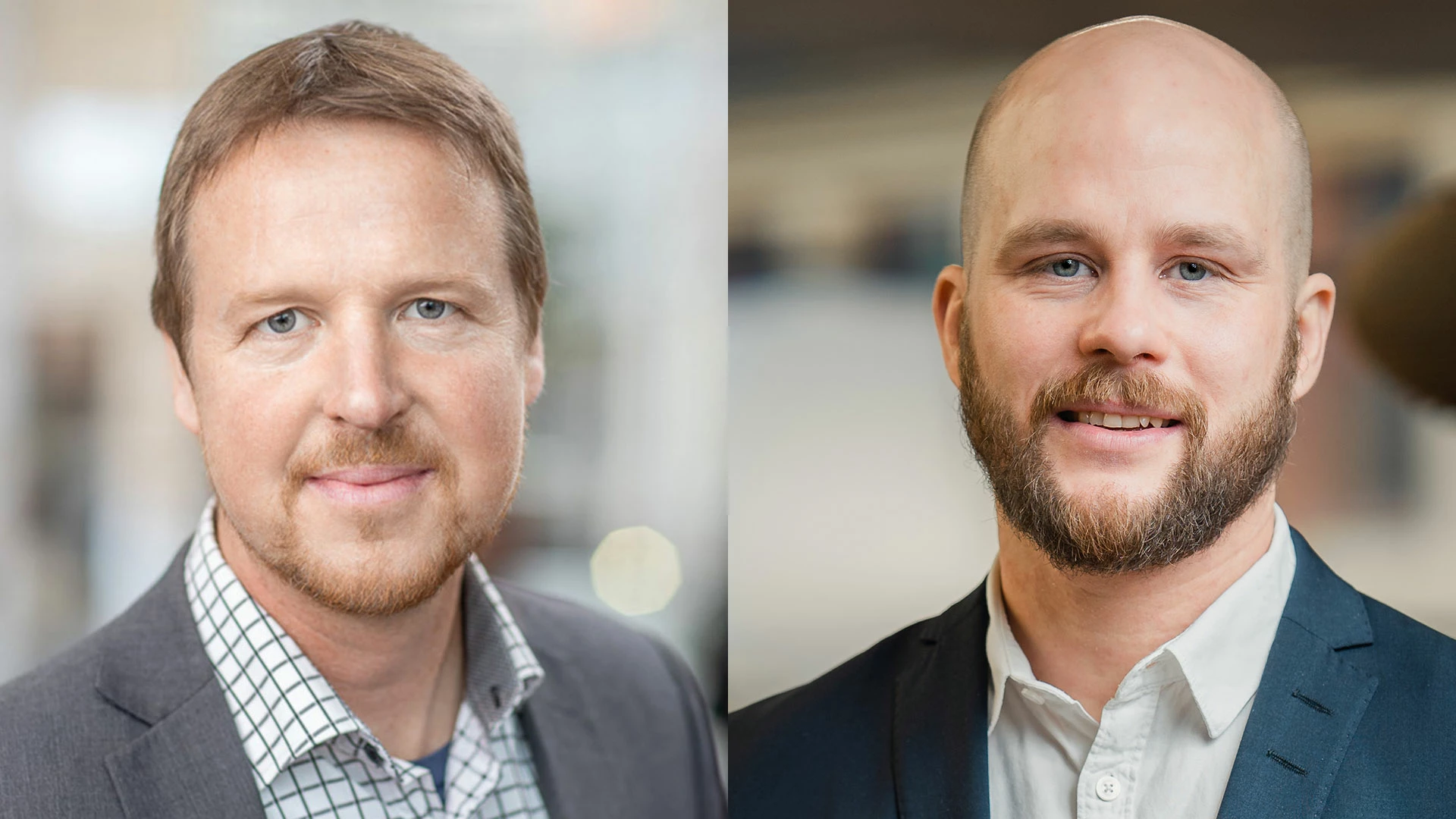This year’s summit comes at a turbulent time; how will that affect the level of participation and engagement?
“Egypt has urged the participating countries to set aside tensions over the Ukraine war for the sake of focusing on the climate crisis and implementation of targets. That means more action from countries on mitigation, and especially finance and adaptation, which are key issues for African countries,” explains Matti Kahra.
“In the spotlight we’ll see if developed country parties will succeed in delivering at least USD 100 billion in climate finance this year. And also if there will be delivery on the adaptation finance commitment from the Glasgow Climate Pact to at least double that specific amount by 2025. The host continent of Africa will most likely raise the issue of loss and damage help when countries cannot adapt but need climate emergency relief to also become a formal part of the negotiations,” says Stefan Henningsson and adds:
“Currently, 90 heads of state have confirmed their attendance at COP27. A lot of focus is now on what the world´s biggest economies, the US and China, will do and say.”
Stefan Henningsson, you were at the summit last year; what is the status on the commitments from then?
“It could be better. The Glasgow Climate Pact has called on countries to “revisit and strengthen” their commitments for COP27. So far 20 countries of around 200 have submitted an update, with Australia’s update being the most significant. More needs to be done to close the gap during this crucial decade, with the main focus on the major polluters’ announcements on taking things further. Without increased political action, the world is heading for global warming of 3.2°C by the end of the century according to a new IPCC report this year. The UN Emissions Gap Report 2022 released on 27 October will give the latest on where we are, including recent pledges,” says Stefan Henningsson.
Matti Kahra, what themes or initiatives will you look for?
“I hope we will see more detailed implementation plans following the initiatives signed at last year’s summit. It will be interesting to zoom in on, for example, The Glasgow Leaders’ Declaration on Forests and Land Use where 145 countries pledged to halt and reverse forest loss and land degradation by 2030 and The Global Methane Pledge where more than 100 nations committed to collectively cut emissions of methane, a potent greenhouse gas, by 30% by 2030. It’s not only on a national level that things are happening. There is also the cities’ Race to Zero where more than 1,000 cities strive to reduce their emissions to net zero by 2040 or sooner.
COP27 is highlighting climate finance as a crucial issue where the parties need to make significant progress. How does this impact Nordea and its customers?
“Nordea, as part of the Glasgow Financial Alliance for Net Zero (GFANZ) that represents over USD 130 trillion of private capital, is committed to transforming the economy to net zero. What is now needed is that all countries deliver on their pledges and create the required framework to support the real-economy transition in all sectors and regions. For non-state parties like Nordea and our customers, the focus will be on delivering net-zero transition targets, plans and action. These will be more and more standardised, regulated and scrutinised in detail by the use of existing and new frameworks,” Stefan Henningsson says.
“In order to do so, much focus will be on looking at decarbonisation pathways per sector and industry, making sure finance supports the real-economy transition and that the highest-emitting assets are phased out in an orderly and managed way. To do this, high quality data and granular analysis is needed and taking place in Nordea and other financial institutions,” Matti Kahra adds.



